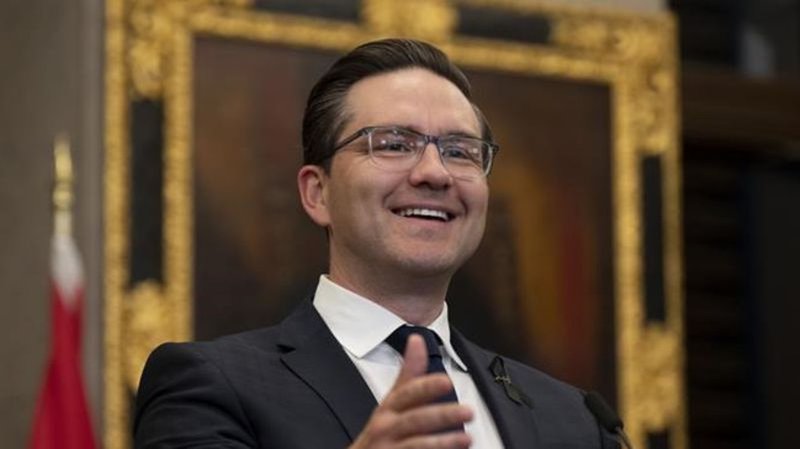
Quebec election: Poilievre victory seen as good news for Conservative Party of Quebec
MONTREAL — Pierre Poilievre’s successful bid to lead the federal Tories bodes well for the Conservative Party of Quebec, which is running in the provincial election on similar messages, analysts say.
Sylvie Trottier said she jumped for joy when she learned that Poilievre on Sept. 10 won the leadership race with a resounding 68 per cent on the first ballot.
Trottier, a Quebec Conservative party supporter who was at a recent campaign event in Montreal with party leader Éric Duhaime, said Poilievre won her over when he went to Ottawa last winter to visit the “Freedom Convoy” — the massive protest against COVID-19 restrictions that blockaded the streets surrounding Parliament Hill.
Poilievre “has a lot of ideas that are similar to Duhaime,” said Trottier, 66. “He wants to take care of the people, and he is for the freedom of expression and for individual liberty .… It will create a wave for the Conservatives here.”


